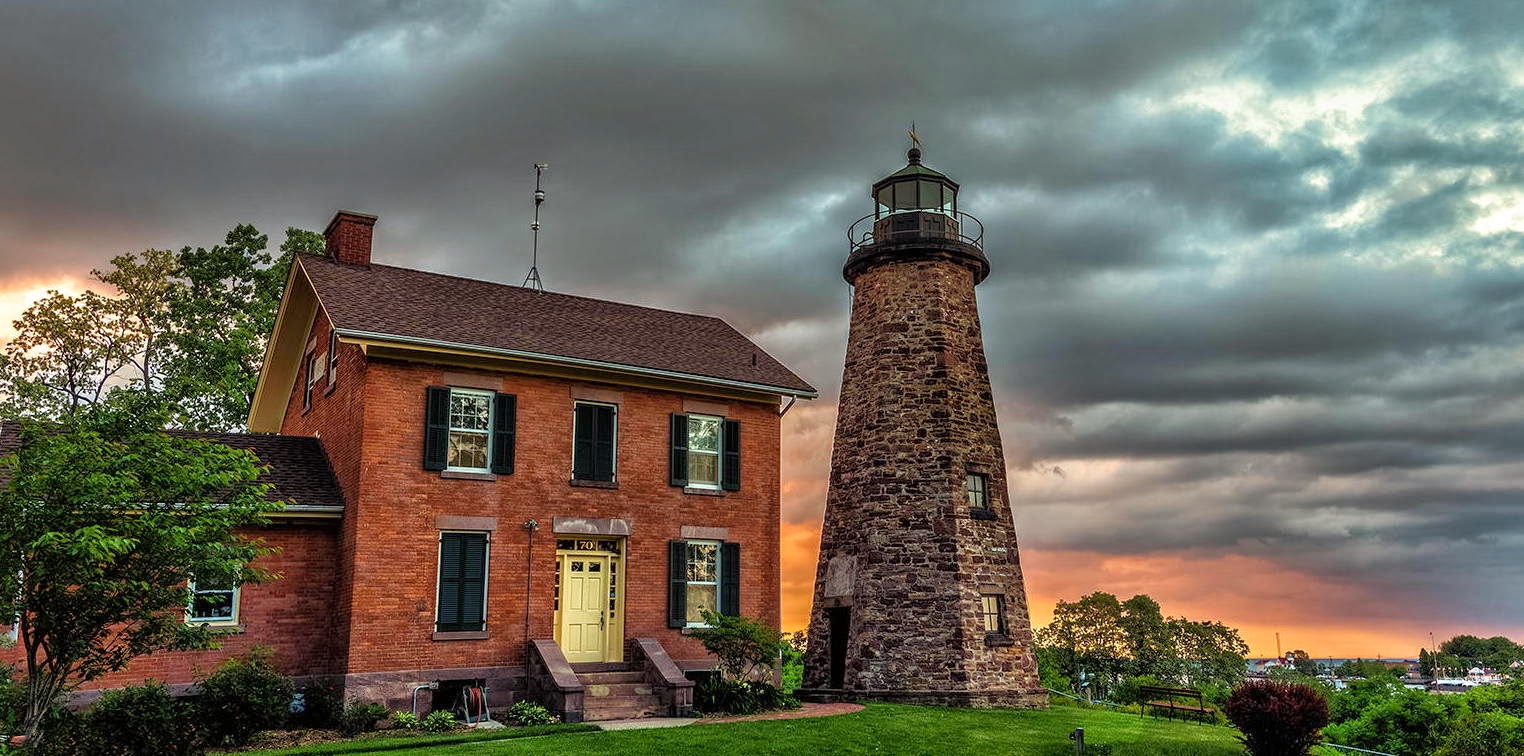
"The life of the nation is secure only while the nation is honest, truthful, and virtuous." ~ Frederick Douglass ~ American abolitionist and statesman. (b. 1817 - d. 1895)
AmHis
The American Historical Christian Fiction blog hi-lights books by Christian authors who are led by the Lord to write about characters and stories set in America's past. They are exciting stories of romance, adventure and suspense, written to inspire and encourage.
If you're looking for a book for yourself, a loved one, or those who may need an uplifting message woven through an entertaining story, please consider new monthly releases in inspirational historical fiction found here--the kind that take you on a journey into our country's past (from early colonial times to WWII) and illuminates the trials, beauty and blessings of our great nation.
This week it's my pleasure to hi-light Author of the Week: MaryLu Tyndall and her latest release: "Surrender the Heart"
MaryLu Tyndall spent her early years on the shores of South Florida, where she grew to love the sea and the tropics. After attending Oral Roberts University in Tulsa, Oklahoma,she moved to California and graduated from San Jose State with a degree in math. During the next fifteen years, she worked for a software company, got married, and started a family. She also began pursuing a writing career, and her love of history sent her delving into the past through books and movies in search of fascinating stories and heroic characters. MaryLu now writes full-time and currently lives in California with her husband, six children and three cats.

Title: Surrender the Heart
Author: MaryLu Tyndall
Publisher: Barbour Publishing
A young mistrustful lady, desperate to save her family.
A man, burdened by guilt, desperate to please his.
Both caught in the brink of a war that could change the course of history forever
On the brink of the War of 1812, Marianne Denton must marry to unlock her inheritance. Without the money, her mother can’t receive medical care and her sister will be destitute. But Noah Brenin needs to sail his cargo to England before the war commences in order to prove his worth to his father and make enough money so he won’t have to marry at all.
But when Noah walks out on their engagement party, Marianne chases him down and ends up on his merchantman out at sea. The situation worsens when Noah’s ship encounters a British man-of-war and the couple is impressed into the British navy.
While a young lad’s prophecy of destiny looms over them both, Marianne and Noah are forced to face their darkest fears as they desperately try to find a way to escape and fulfill their destinies—destinies that could change the course of the war and history forever.
There is is a Giveaway for "Surrender the Heart"
Please leave a comment with your e-mail address.
Still interested in a giveaway for "Journey to Riverbend" by Henry Mclaughlin--last week's featured book? Please leave a comment this week, with your e-mail. You'll find it by clicking on Older Posts below.
Historic Flash Facts
Curious about what happened on your birth date one hundred years ago....(wouldn't it make a great theme for your birthday party?) Or searching for an historical event to include in a story you're writing? Check out Historic Flash Facts; new entries will be added weekly to keep you "up-to-date".
Feb. 27, 1911
Inventor Charles F. Kettering demonstrated his electric automobile starter by installing the device in a Cadillac in Detroit and starting the motor with just the press of a switch, replacing the need for hand-cranking.
Feb. 27, 1922
The Supreme Court, in Leser vs. Garnett, unanimously upheld the 19th Amendment to the Constitution, which guaranteed the right of women to vote.
Feb. 28, 1844
A 12-inch gun aboard the USS Princeton exploded as the ship was sailing on the Potomac River, killing Secretary of State Abel P. Upshur, Navy Secretary Thomas W. Gilmer and several others.
Feb. 28, 1911
President William Howard Taft nominated William H. Lewis to be the first black assistant attorney general of the United States. (Lewis took office in March 1911 and served until April 1913)
March 1, 1790
President George Washington signed a measure authorizing the first U.S. census.
March 2, 1861
The state of Texas, having seceded from the Union, was admitted to the Confederacy. The Territory of Nevada came into existence under an act signed by President James Buchanan.
March 2, 1877
Republican Rutherford B. Hayes was declared the winner of the 1876 presidential election over Democrat Samuel J. Tilden, even though Tilden had won the popular vote.
March 2, 1917
Puerto Ricans were granted U.S. citizenship as President Woodrow Wilson signed the Jones-Shafroth Act.
March 3, 1931
President Herbert Hoover signed a congressional resolution making "The Star-Spangled Banner" the national anthem of the United States.
March 3, 1945
The allies fully secured the Philippine capital of Manila from Japanese forces during World War II.
March 4, 1789
The Constitution of the United States went into effect as the first Federal Congress met in New York.
March 4, 1858
Sen. James Henry Hammond of South Carolina declared "cotton is king" in a speech to the U.S. Senate.
March 5, 1770
The Boston Massacre took place as British soldiers who had been taunted by a crowd of colonists opened fire, killing five people.
March 4, 1861
Abraham Lincoln was inaugurated as the 16th President of the united States.
March 5, 1946
Winston Churchill delivered his "Iron Curtain" speech at Westminster College in Fulton, Mo.
A Thought for Today: "America is a tune. It must be sung together." Gerald Stanley Lee~ American clergyman and author (1862-1944)

"May the Lord make His face shine upon thee, and be gracious unto thee: may the Lord lift up His countenance upon thee, and give thee peace." Num.6:25-26 (KJV)








